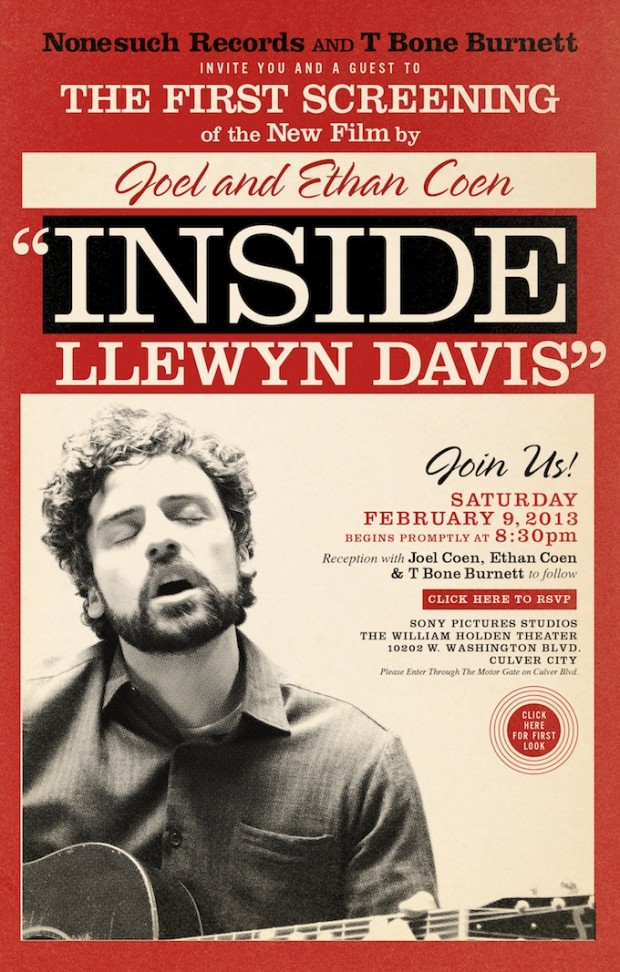
In a lot of ways, Out of the Furnace has a narrative similar to that of samurai films. Here's a story of bad men living in the untamed New Jersey Ramapo Mountains, defying the law, dealing drugs and killing without punishment. The authorities know what's going on, but there is little they can (or are willing to) do about it. It isn't until one man's brother goes missing that someone finally decides to do take the law into his own hands
I can't entirely come to a decision as to Cooper's explicit intention with this narrative, but my interpretation of it is to say he's deftly brought to life a rather simple story and layered it with a multitude of themes that may seem simple on the surface, but contribute to an otherwise philosophically-complex story by the film's end.
It's no coincidence the film is set in Braddock, PA or that Christian Bale, playing Russell Baze, is a steel mill worker like his father before him, as he faces the likely possibility the mill will be shut down. It's also no coincidence Casey Affleck, playing Russell's brother Rodney, is finding it hard to acclimate himself after returning home from his fourth tour in Iraq. As obvious as they may be, these character details add to the film's overall dark tableau, and if you're willing to look beyond initial interpretations and the fact Cooper doesn't set out to explicitly use one theme or another to define the film's narrative trajectory, you'll realize they are more than just surface level cliches.
The story turns the corner as Rodney is struggling to find work and ultimately turns to gambling and underground fight clubs to turn a dollar, eventually leading him to a psychopathic nut job named Harlan DeGroat (Woody Harrelson). Harrelson is an embodiment of evil. He screams "Stay away!" He's the first person we meet at a drive-in screening of Midnight Meat Train (naturally) where he stuffs a hot dog down his date's throat, beats a man nearly to death and drives away as if he's the one that's been inconvenienced. Yeah, not a nice guy, and Harrelson knows how to play him.
Such are the performances throughout, Bale the quiet, reliable type that actually runs into his own issues with the law while Affleck never takes his character's PTSD to cliched levels. A lot about this film is handled with great subtlety and it's one of the story's finer aspects.
As much as the issues raised by the fact the story deals with a returning soldier, blue collar workers being laid off and the recession effecting job availability, Cooper never beats us over the head with these things. Yet, their importance to the story doesn't mean you should look at them as loose threads of an unfinished shirt as the story seemingly moves away from these issues.
In Out of the Furnace, Russell is a symbol of virtue and though he falls on hard times he still lives by an unspoken code, he accepts his transgressions, suffers for them and does what's right. He has a sense of duty to his family and those he loves and even manages to respect the woman he loves as fate determines they are not meant to share their lives together. If anything, this film seems determined to show us even the best of people can be broken if the world around them is collapsing, leaving nothing but hardened warriors to determine, protect and suffer for society's future.
As the film ends and fades to black over an image sure to inspire an array of interpretations (and possibly frustration), I have to assume many audience members will be split as to whether it's actually about anything or if it's simply a revenge thriller that comes apart at the end. I can understand these concerns. I've been wrestling with them myself in the process of writing this review and in conversation with others. However, when you begin to look at the course of action taken throughout the film and how Cooper relies on you to put the pieces together, I find it hard to deny the effect each and every element has on the overall outcome.
Whether driven by duty, love or any other reason, it would be hard to say Russell's decision to go looking for his brother despite police warnings and logical reasoning is a result of only one thing. The decisions we make and the paths we follow are as a result of a number of factors and ultimately Cooper's subtle presentation of this dark and disturbing tale may only be fully realized years from now, on subsequent viewings.
It's hard to actually come to any sort of final opinion on this movie as my own opinion seems to be evolving with every word. I do know I'll be returning to Out of the Furnace and not only for the great performances, cinematography (Masanobu Takayanagi) and that scene between Bale and Zoe Saldana on the bridge, but to see if it ages as I think it will.


